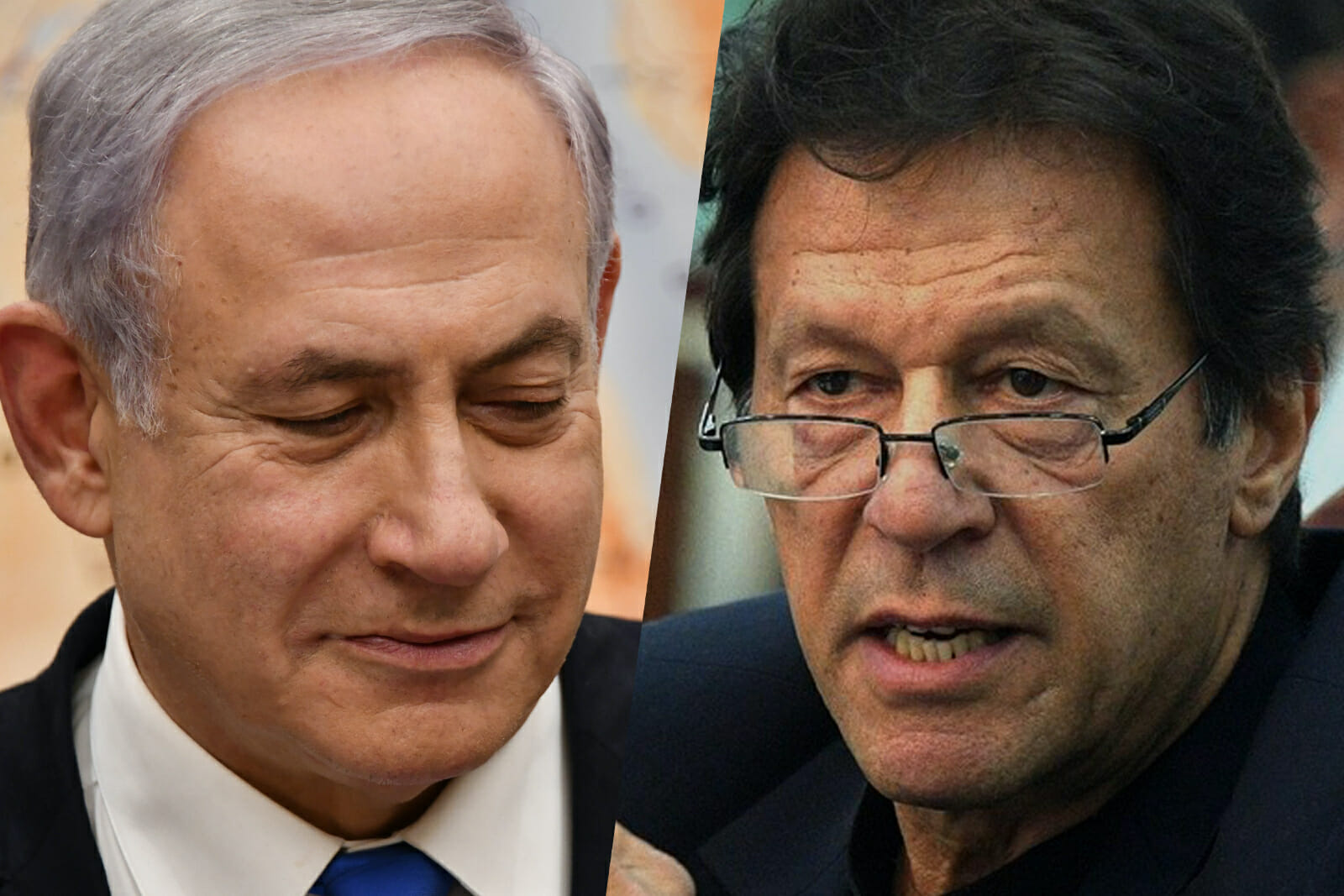
Pakistan Should Recognize Israel
Several Middle East countries have recently recognized Israel: Now is the time for Pakistan to do so. Formal recognition of Israel would increase Pakistan’s economic self-sufficiency, diplomatic influence, and domestic authority. It would increase Israeli investment, which would be an important opportunity for a country that relies heavily on foreign assistance. It would foster relationships with Western allies that support Israel and provide the grounds for Pakistan’s central government to reassert authority over dissidents that threaten its legitimacy.
Israel can assist in Pakistan’s agricultural development. Agriculture is the backbone of Pakistan’s economy but suffers due to a lack of appropriate technology, and poor resource management. Israel is an expert at desert farming methods. It provides 95% of its food requirements with 5% of its workforce. Its marketing, purchasing, and growing techniques are all highly advanced.
In comparison, Pakistan’s independent network of farmers have not seen true land reform since the 1970s. Agriculture constitutes 43% of the workforce while only generating a quarter of Pakistan’s GDP. Pakistan is facing a water crisis and will be food insecure by 2025. Pakistan does not have the infrastructure or financial backing to make these systematic changes but gaining access to Israeli research and agriculture technologies can make concrete, positive changes for Pakistan’s farmers and local communities.
Recognition of Israel offers Pakistan an opportunity to strengthen its diplomatic ties. Regionally, Pakistan is overshadowed by India, has a negative perception in the West, and is isolated from other stable Islamic nations. Recognition of Israel enables Pakistan to start on the path to overcoming these obstacles. Pakistan has the chance to be a leader in the Islamic world and support other countries that have recognized Israel. Recognition would renew a damaged relationship with the U.S. that has been under strain.
The U.S. is seeking to create relationships between Israel and Islamic nations. In recognition negotiations, it has supported removing Sudan from the “State Sponsor of Terrorism List” and offered to sell the United Arab Emirates F-35 fighters. Pakistan can expect a similar level of support from the U.S.
Recognition of Israel will reassert the authority of Pakistan’s central government. It needs to take control of areas in open rebellion and U.S. assistance can help. Although the U.S. recently cut Pakistan’s military aid, the promise of recognizing Israel would most likely see that aid return. Therefore, Pakistan will have the resources to face any domestic opposition to recognition.
Pakistan’s recognition of Israel could force Palestinian groups to take more violent measures, but recognition offers the Israelis an incentive to provide Palestine with concessions. Recently, the United Arab Emirate’s recognition of Israel stopped Israel’s annexation of territory in the West Bank. It is more likely that Pakistan could better help Palestinians by incentivizing the Israelis with recognition than by funneling money to Palestinian liberation groups. Pakistan would have the authority to dictate its own terms of recognition and could include Palestine in its considerations.
Pakistan has the fastest-growing telecom industry in the world, the second-largest natural gas infrastructure in the world, and boasts world-class universities for its growing population, but now it has a chance to go further. By formally recognizing Israel, Pakistan can develop economically, diplomatically, and domestically without reneging on its promises to Palestine. Pakistan has been on the path to becoming a regional power; formal recognition of Israel can show the world it has arrived.

